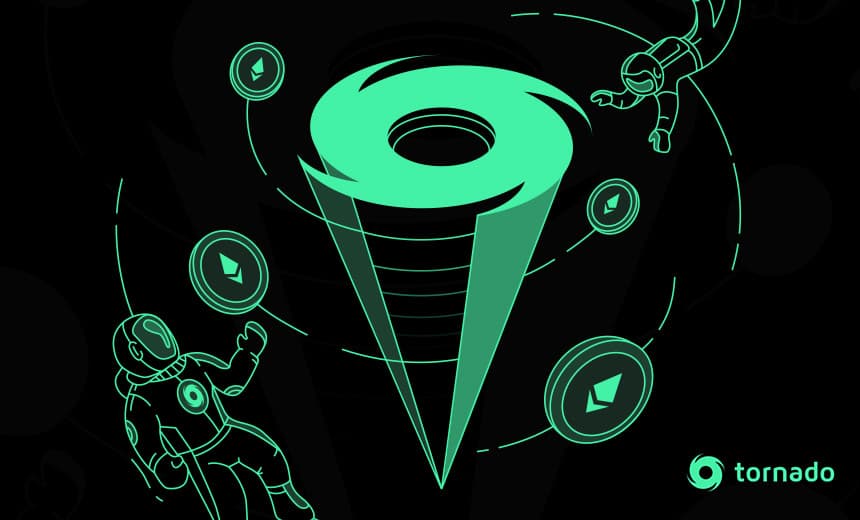US Treasury Lifts Sanctions on Tornado Cash, Highlighting Developer Liability Debate

The U.S. Treasury Department recently lifted sanctions against the cryptocurrency mixer Tornado Cash, a decision that underscores a critical distinction in the decentralized finance (DeFi) space concerning software developers' responsibilities. The move follows a federal court ruling that deemed the initial sanctions unlawful, sparking renewed debate over regulatory approaches to non-custodial protocols.
A key argument in these discussions, as highlighted by Cointelegraph, is that "Software developers have no relationship with users and do not custody or control user data or assets." This stance emphasizes the non-custodial nature of many decentralized protocols, where developers create the code but do not manage user funds or personal information. Tornado Cash, launched in 2019, operates through immutable smart contracts, designed to enhance transaction privacy by obscuring the link between senders and receivers.
The platform faced legal trouble when the Office of Foreign Assets Control (OFAC) sanctioned it in August 2022, alleging its use in laundering billions in illicit funds, including those stolen by the North Korean Lazarus Group. This action marked a controversial precedent, sanctioning open-source code rather than a traditional entity. Developers Roman Storm and Roman Semenov were charged with money laundering, while Alexey Pertsev was arrested in the Netherlands.
However, a US court overturned the sanctions in January 2025, with a federal judge in Texas ruling them unlawful in April 2025. This legal victory for Tornado Cash users and advocates of decentralized privacy tools has significant implications for the crypto industry. The decision reinforces the argument that code itself should not be treated as a sanctioned entity, separating the act of creating open-source software from its potential misuse by third parties.
The repeal of sanctions, while a win for privacy advocates, does not fully resolve the tension between financial privacy and regulatory oversight. Regulators are expected to continue scrutinizing similar platforms, potentially pushing for hybrid solutions that incorporate compliance mechanisms within privacy tools. The ongoing legal battles of Tornado Cash's developers will further shape public perception and the future of innovation in privacy-focused DeFi.